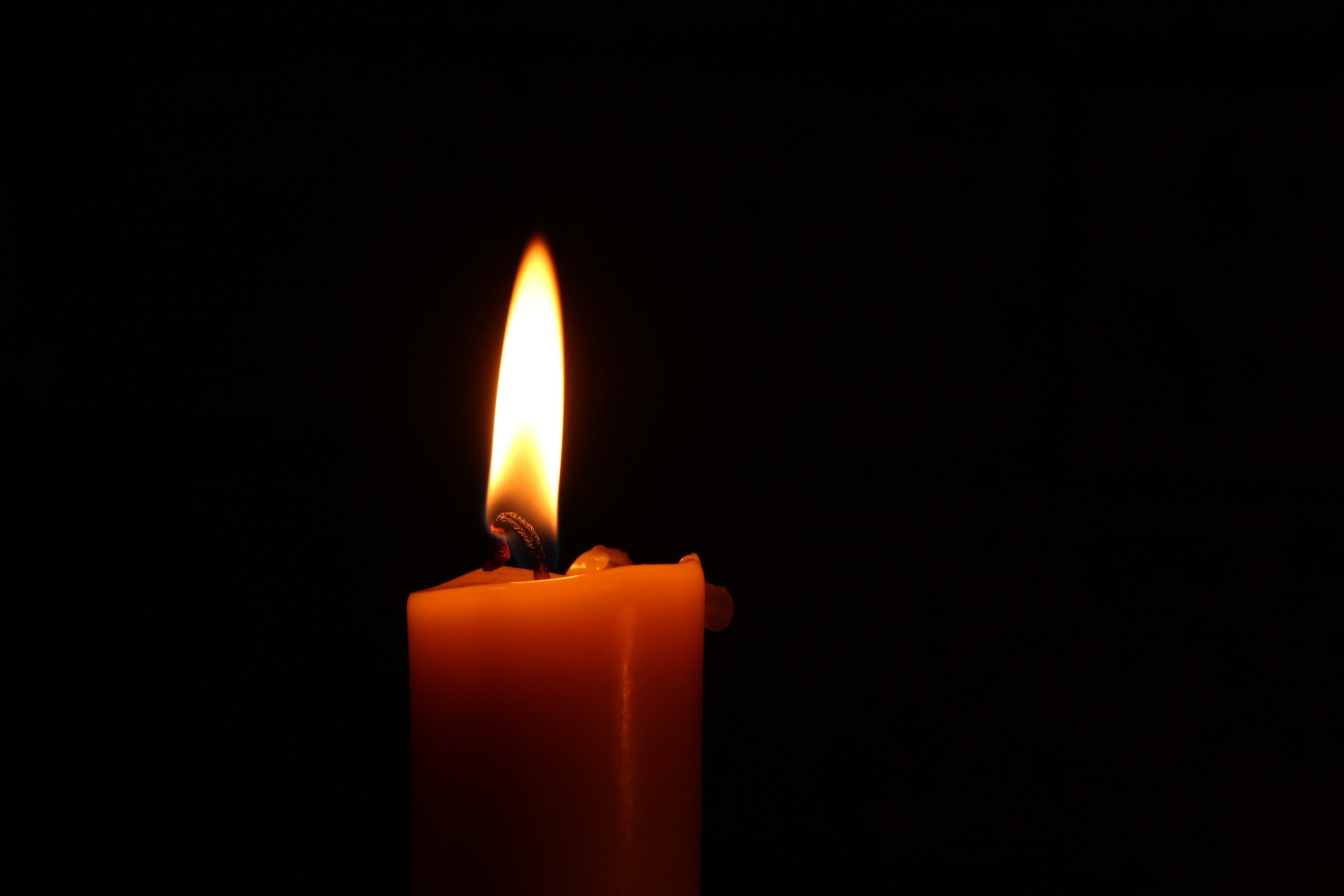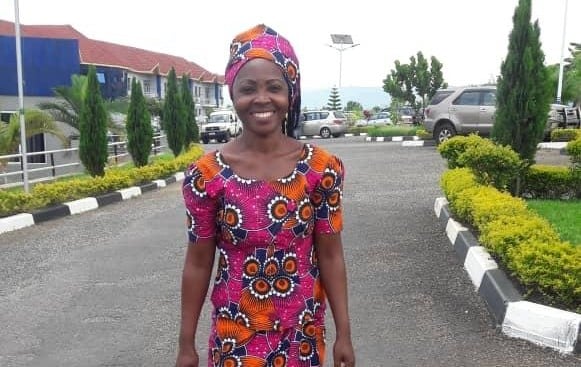
The world ending before us: remembering 1994
Kim Umutesi is a lively, positive woman, always taking part in hundred different projects in her passion to connect communities. She’s a storyteller, a poet, a traveller, the founder of a travel company, an ambassador of the Africa Tourism Association. She is also a survivor of the 1994 Rwandan Genocide.
30 years ago, on 7 April 1994, while Kim was still a young girl, Hutu militias loyal to the country’s then-ruling political party and other extreme Hutu groupings began a campaign of systematic massacre, killing the country’s minority Tutsi community, along with Twa and moderate Hutus. As many as 800,000 to one million people lost their lives in 100 days of murder, torture and sexual violence.
It was the most extensive genocide the world had seen in 50 years, an appalling climax to long-standing political conflicts exacerbated by poverty, land scarcity and a legacy of colonial rule that twisted Rwandan perceptions of their country’s history and the supposed differences between its ethnic groups.
The text that follows is the result of several conversations with Kim, as she battled an unstable internet connection to share her story and her thoughts on memorialisation and commemoration. We now mark 7 April as the International Day of Reflection on the 1994 Genocide against the Tutsi in Rwanda. So today I invite you to read her words and remember the victims, their pain, their horror, and the failure of others in the world to protect them.
Anna Alboth: In 1994, you were a 4-year-old girl… can you tell me more about that time?
Kim Umutesi: I was born in Western Rwanda, in a place called Rubavu, close to the border with the Democratic Republic of Congo. I grew up in a happy family. When I was 4 years old, I lost my parents, my uncles, and everyone else, like many people in Rwanda. The genocide is a vast history, encompassing many things for each of us. I had to become a strong person. And I am a loving person, with a passion for tourism. I love hospitality. I love bringing people to my country, Rwanda, for them to see how it has changed since 1994.
Anna: Is this what you are doing now?
Kim: I live between France and Rwanda. I am the founder of Shema Travel. We encourage people to visit Rwanda, to see what it has become since 1994. We encourage people to go there and conduct their businesses. Rwanda is so much more than genocide and violence.
But, while discussing humanity, people, and Rwanda, we should never forget. People from around the world should travel to Rwanda to listen to our stories, to understand what happened and how Rwanda has a lot to share. People call it ‘a country of hills’, but for me, it’s ‘a country of a thousand stories.’
In 1994, the world seemed to be ending before us, but we managed to come together and rebuild the country. We need to talk about peace and reconstruction.
Anna: How do you manage the memory of 1994 in your daily life?
Kim: That’s why I sing, that’s why I write poetry, and that’s why I am always writing. It’s my way of dealing with it all. That’s how I reach people’s hearts and help them understand what Rwanda was and is. As that little girl I told you about, I had no idea what ethnic minorities were until the day my older sister went to school, came back crying, and said that people were calling her ‘a cockroach.’ I remember thinking, how can my sister be a cockroach?!
My dad told her, ‘you are not a cockroach; you are a human. And what is happening now is just politics.’ After the genocide, we lost our parents, but we were able to go to the orphanage in Nyundo and found an adoptive family. I want to thank every family or person who came to help us after the genocide. There were people who still had so much love to give us.
Anna: How do you believe society can better commemorate people like your adoptive parents and honour the memory of all the victims while working towards healing and reconciliation?
Kim: I think better commemoration means never forgetting. For when you forget, you never know where you’re heading. We’ll never forget, but we can and should forgive. So I urge people to live in peace. Can I sing something in my mother tongue? (Kim sings in Kinyarwanda) That means ‘the same blood runs through our veins’, signifying our equality and that no one in this world should take another’s life. We should all strive to live together with forgiveness and reconciliation. Rwanda is an example; we have achieved that. Our politicians, our society, our youth.
Anna: What role do you see the younger generation playing in remembering the genocide, promoting unity, and understanding the diversity of ethnic groups in Rwanda and elsewhere?
Kim: The younger generation in Rwanda is doing a wonderful job. Many projects are run by youth, including the children of survivors or widows. They support each other, visit each other, and ask how they can help. It’s crucial to understand how these kids grew up during the genocide and what they’ve been through. Now, everyone goes to school. In the past, Tutsi were discriminated against, kept out of schools, or treated differently. Education is vital in every society. We also collaborate with people across Africa, sharing lessons learned and good practices. When you overcome hard times, you become stronger. I see a change in Rwanda’s younger generation since 1994.
Anna: If you could send a message to the world about preventing genocide and promoting peace and understanding of minority communities, what would you say?
Kim: People should be cautious with the media. The media wield immense power. Please analyse information, learn more about minority groups, and teach your children and journalists to do the same.
Anna: How do you perceive progress or challenges regarding the protection of minority rights in a place like Rwanda?
Kim: Working on minority rights is crucial because when people start dividing themselves, that’s when genocide begins. We must continue discussing the lives of minorities and give them a voice. Let’s use our voices to defend our rights and protect our communities. Different groups share the same countries; we share the same world. We live together, so we should forgive each other’s mistakes. Forgiveness and tolerance bring peace and signify our shared humanity. First, we must understand each other, and to understand, we must communicate and love.
 Rwandans sitting in the stands of Amahoro stadium hold candles as part of a candlelit vigil during a genocide memorial service. Kigali, Rwanda. 7 April 2019. Credit: Associated Press/Alamy Stock Photo/Ben Curtis.
Rwandans sitting in the stands of Amahoro stadium hold candles as part of a candlelit vigil during a genocide memorial service. Kigali, Rwanda. 7 April 2019. Credit: Associated Press/Alamy Stock Photo/Ben Curtis.





